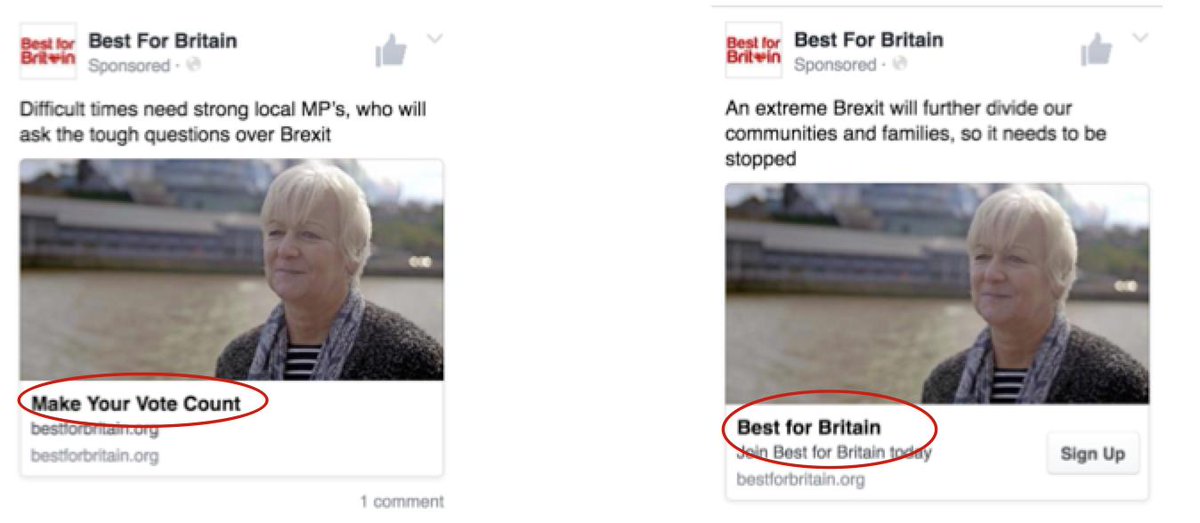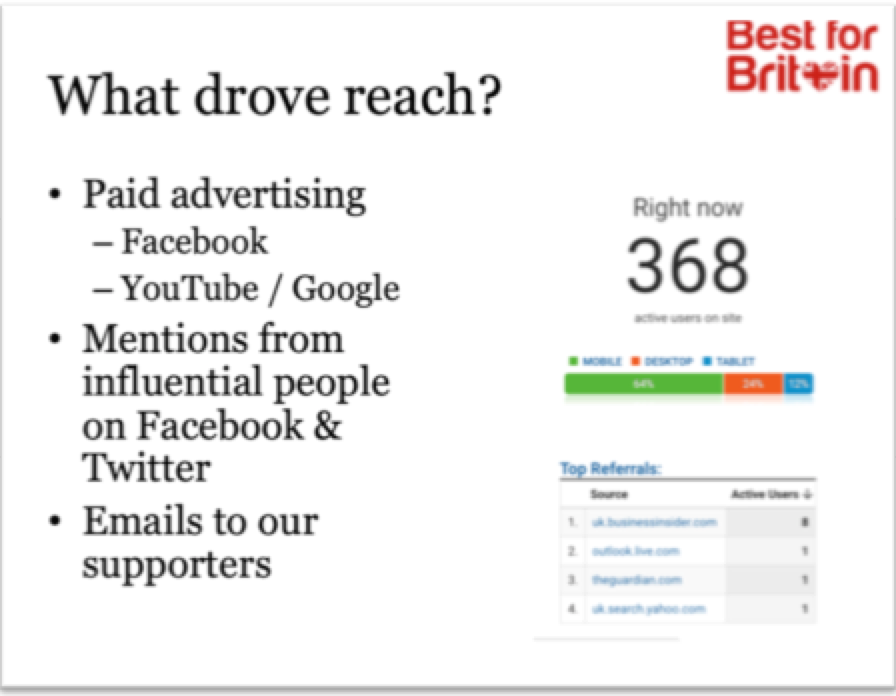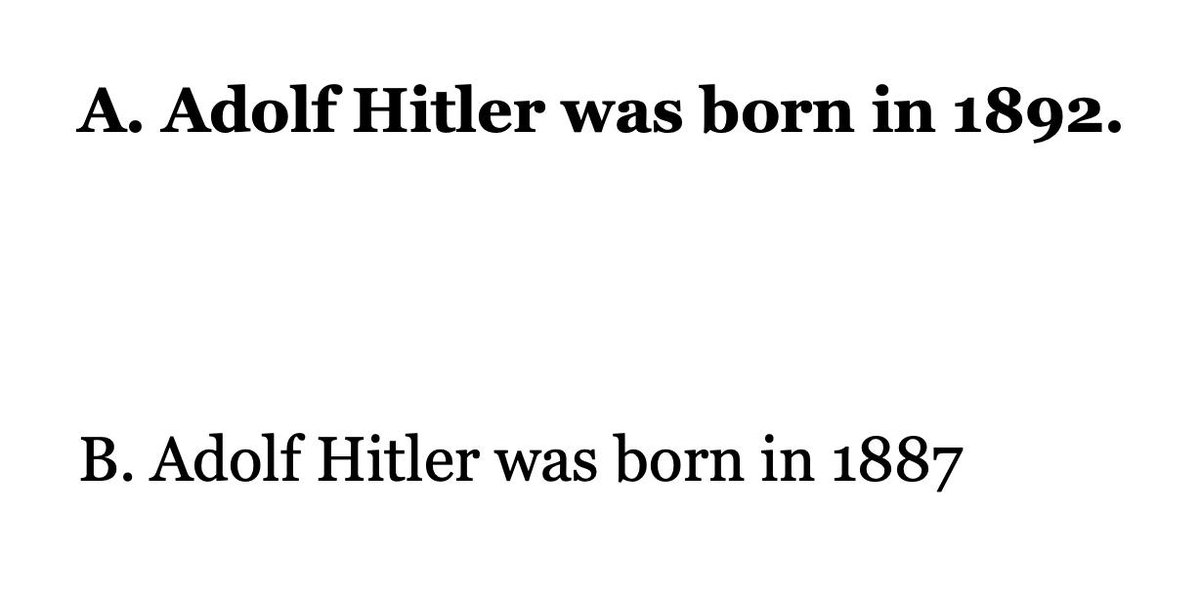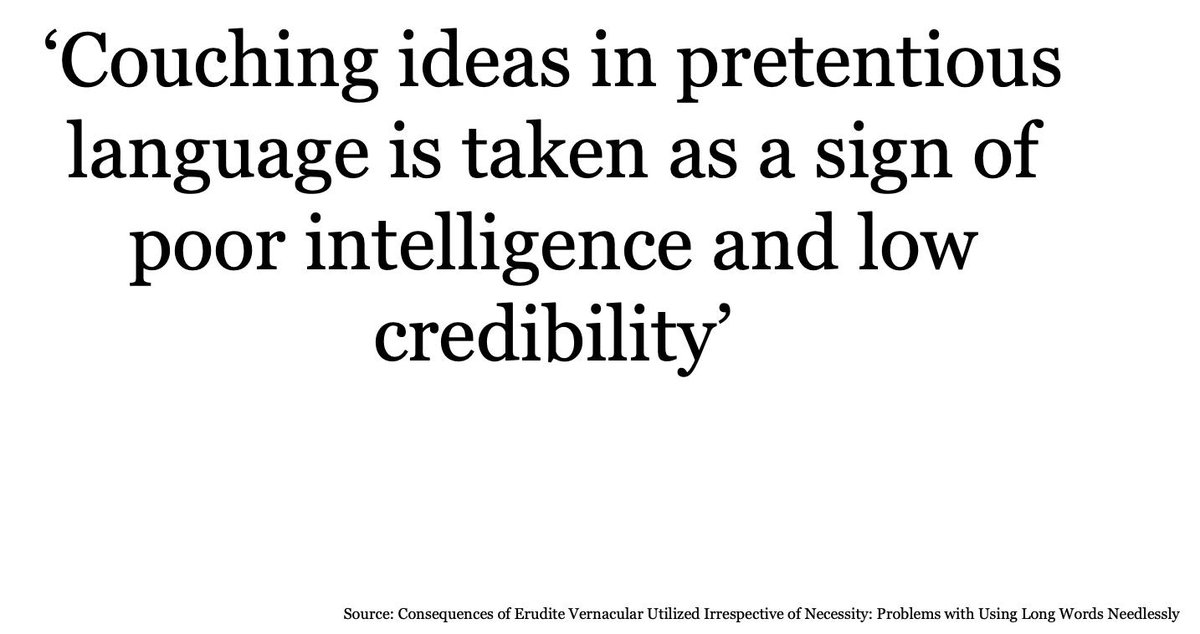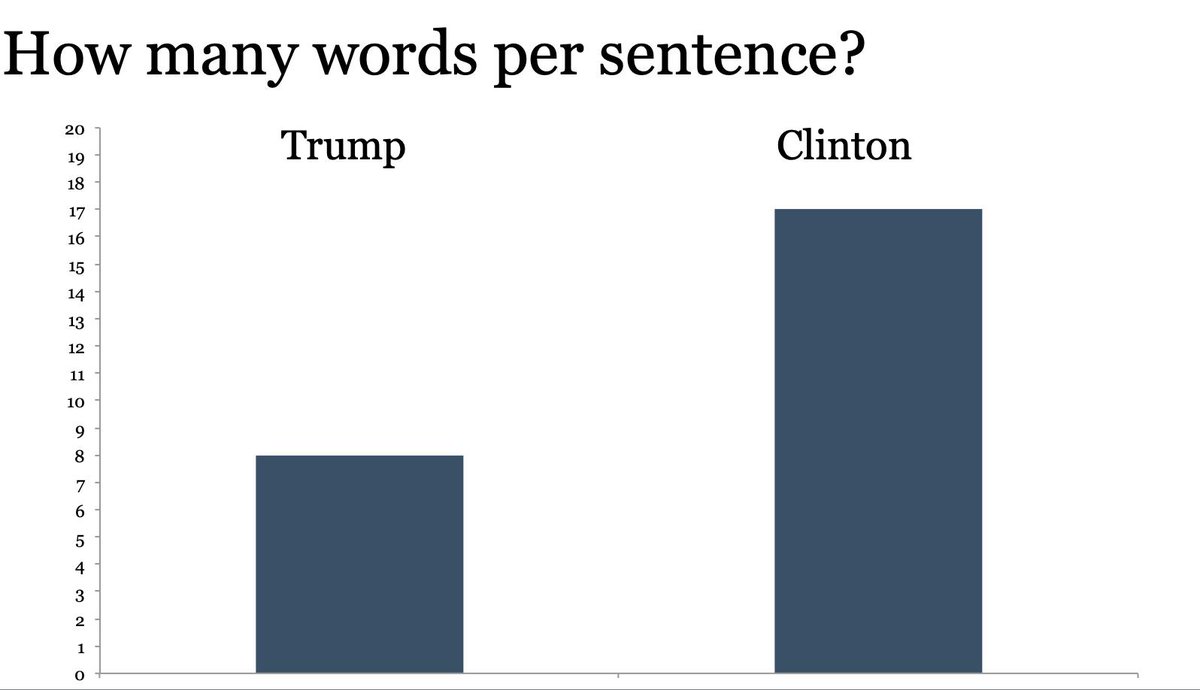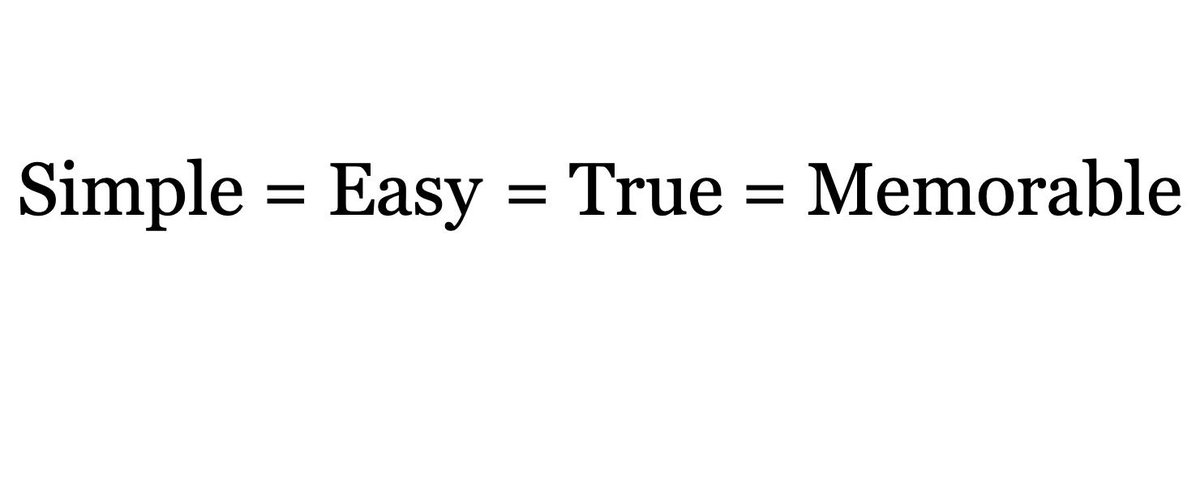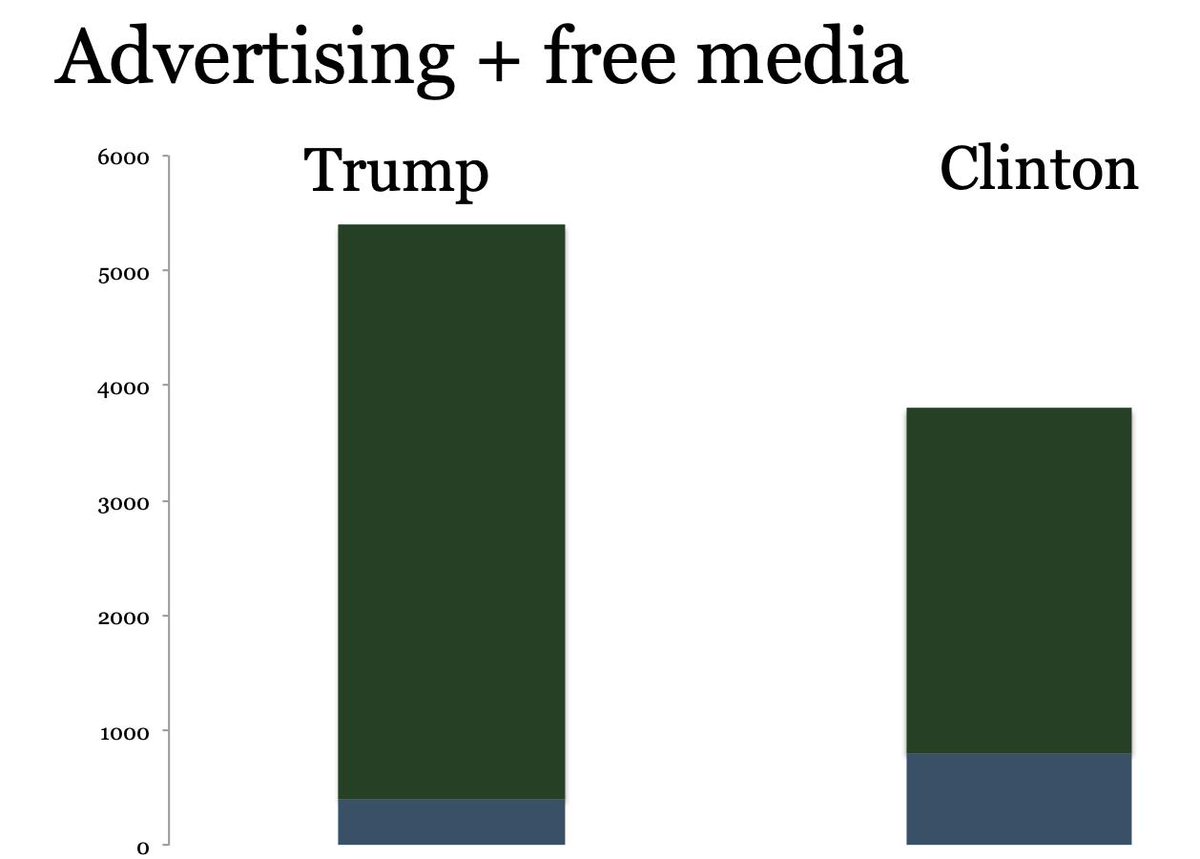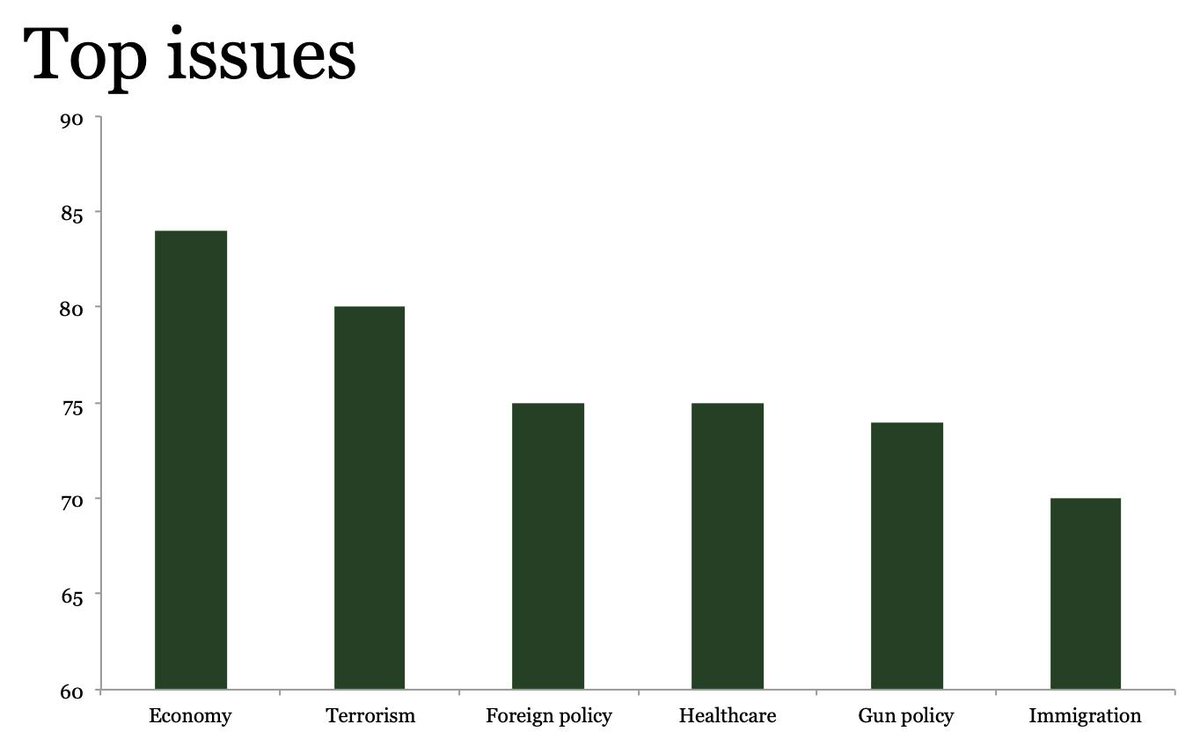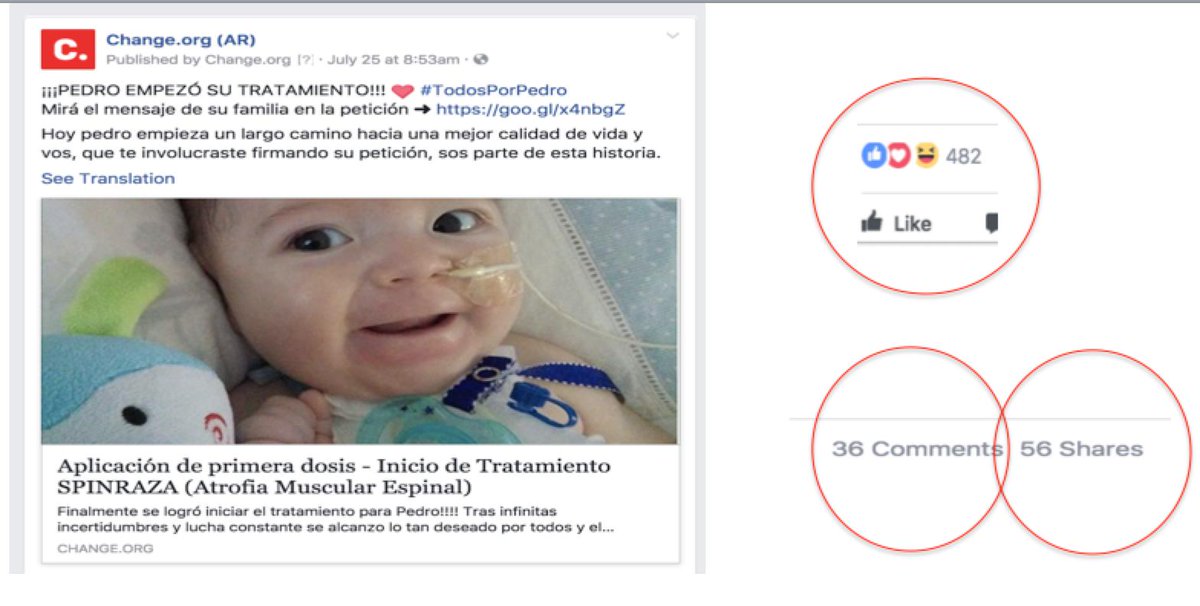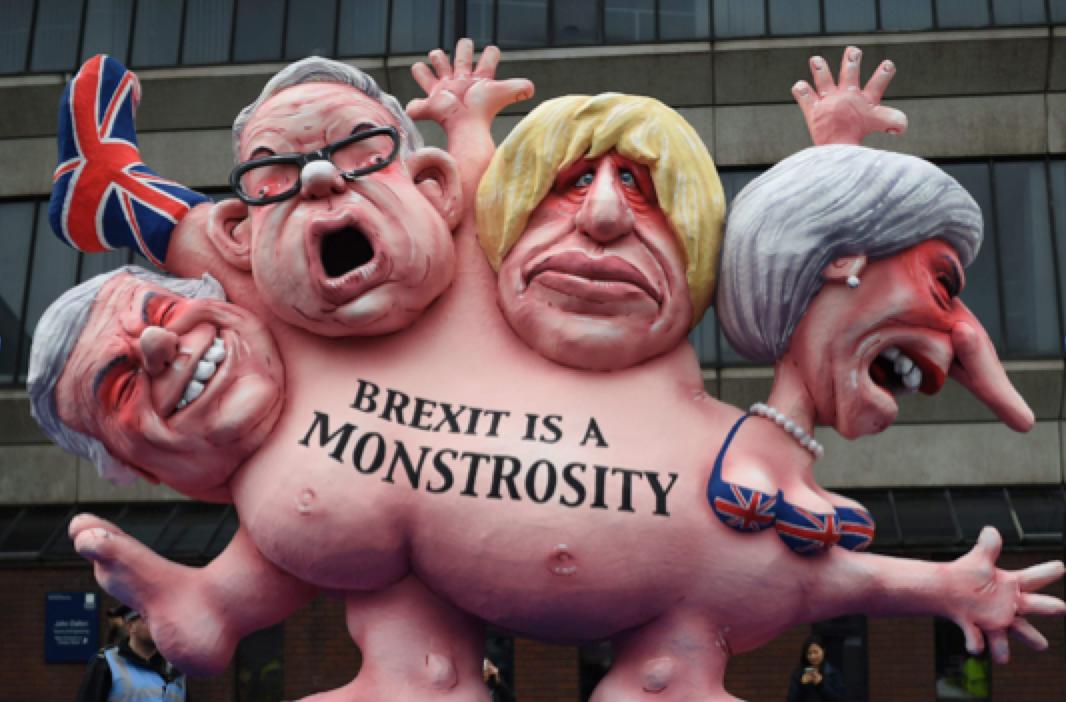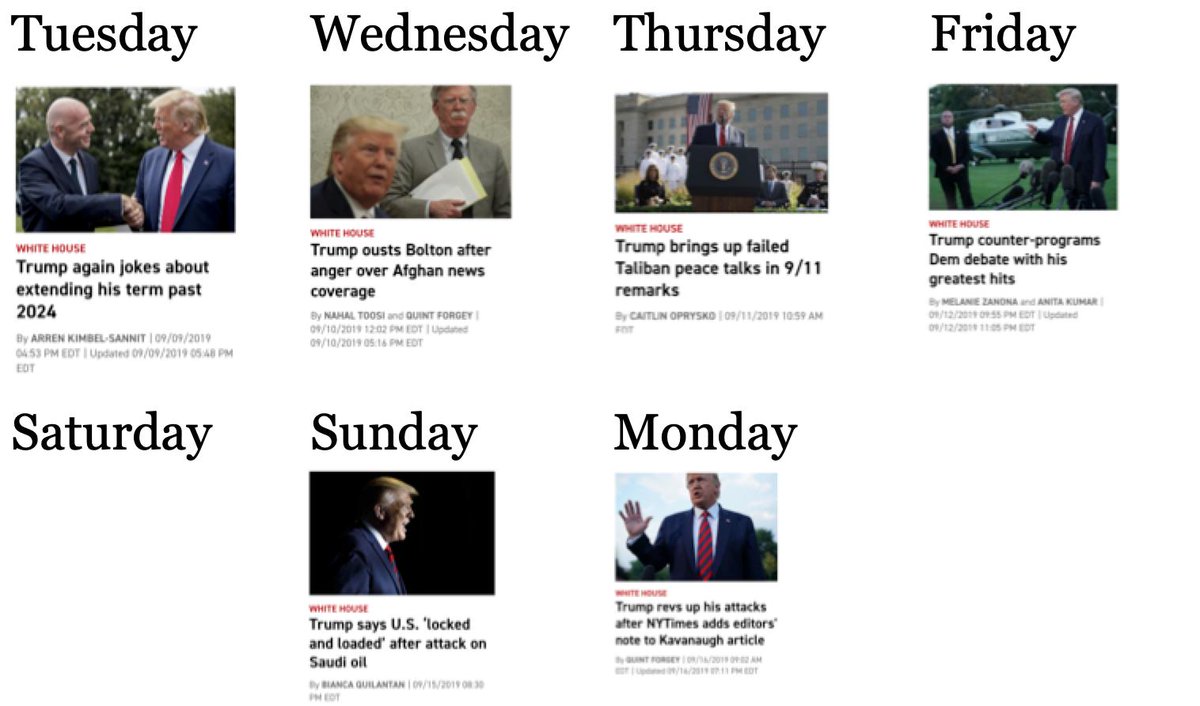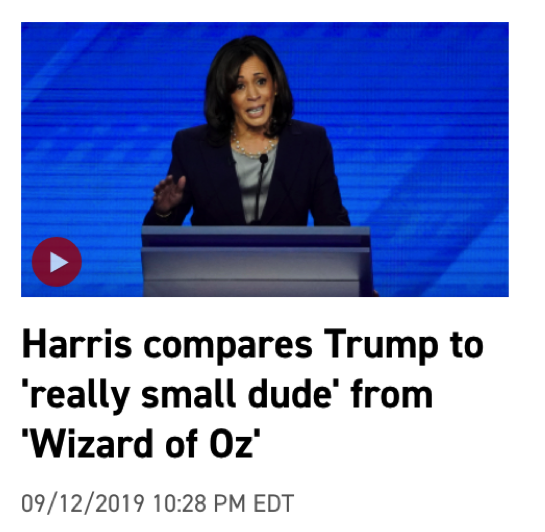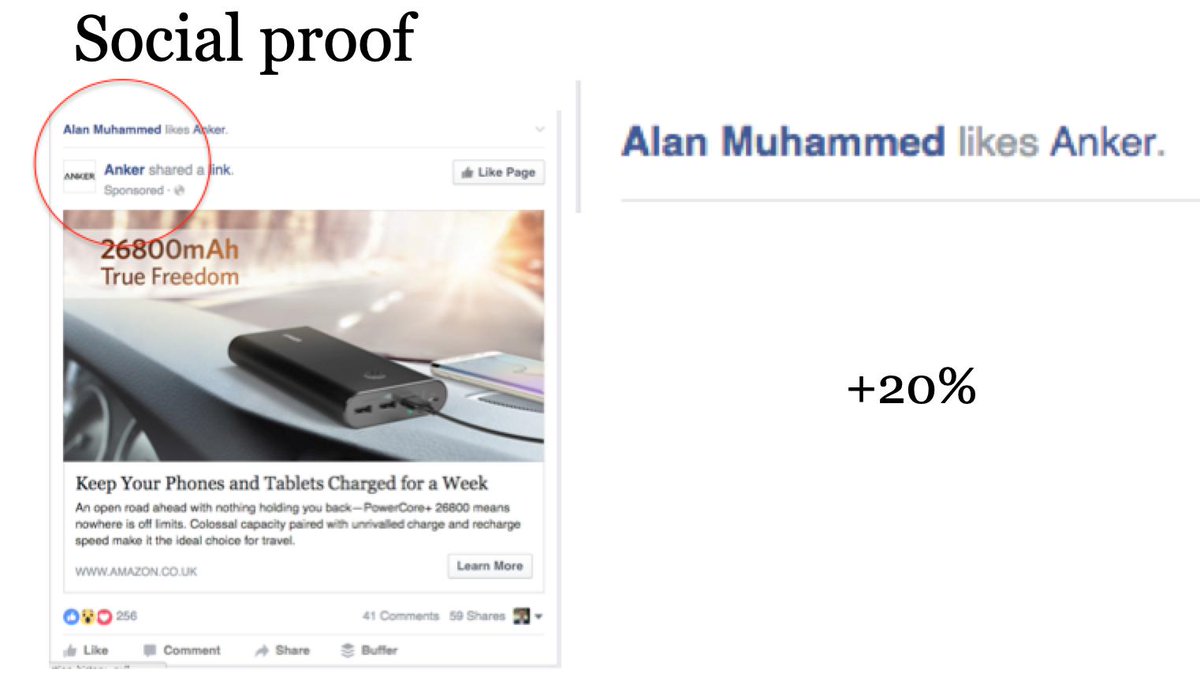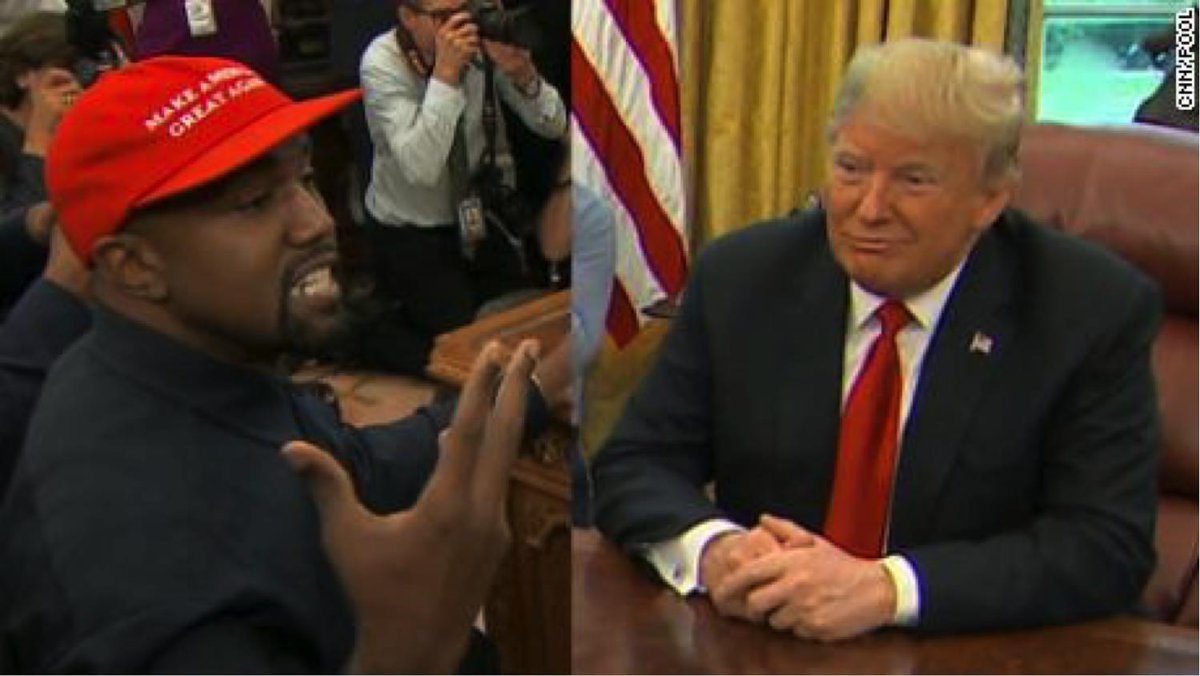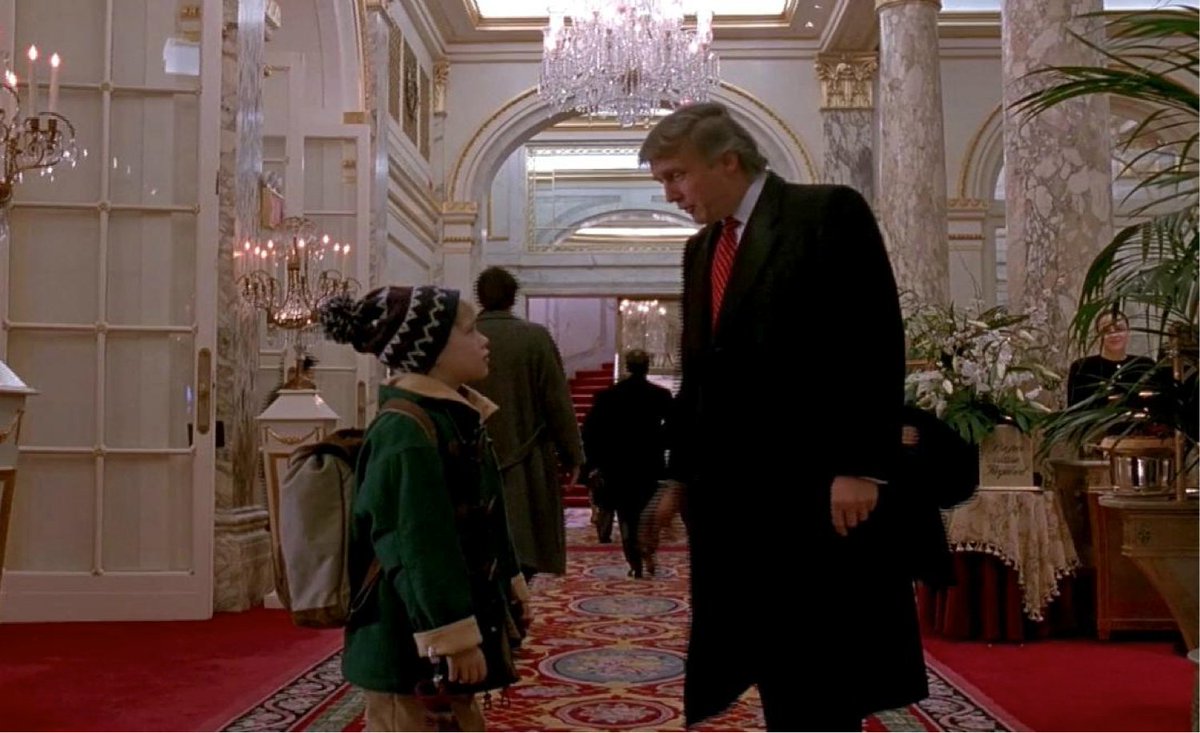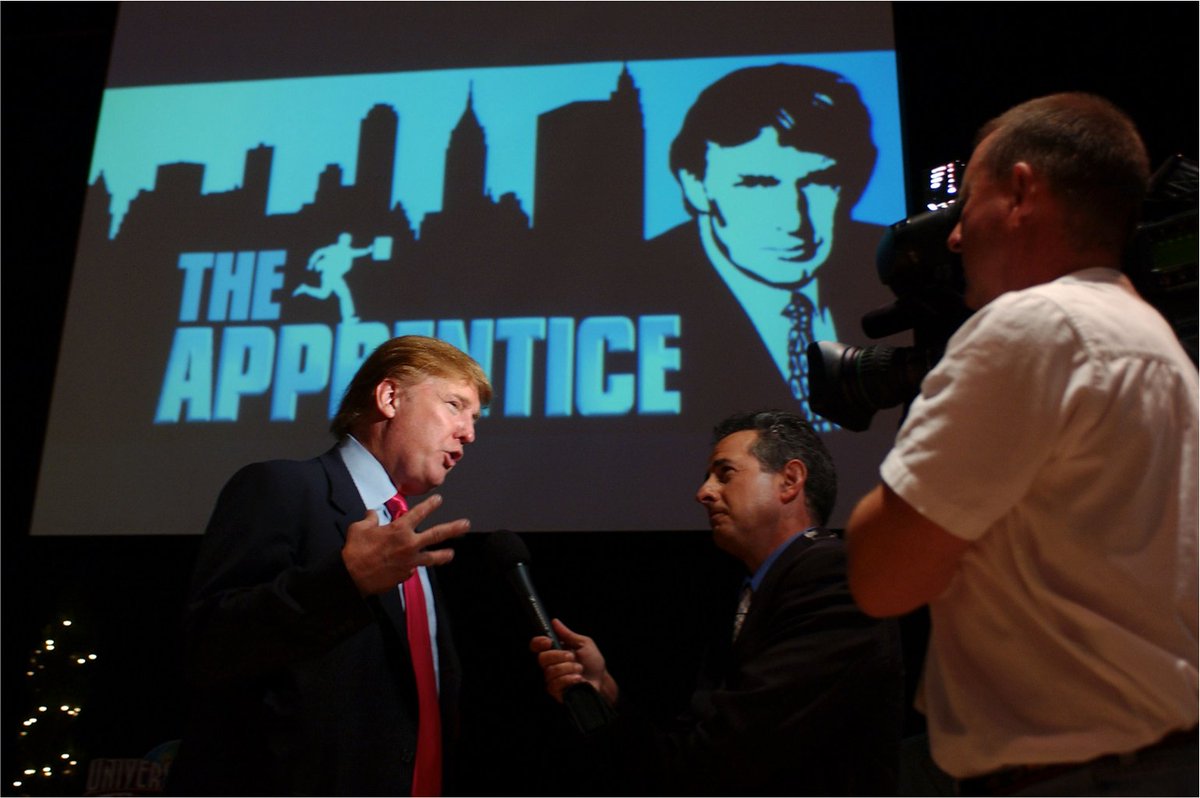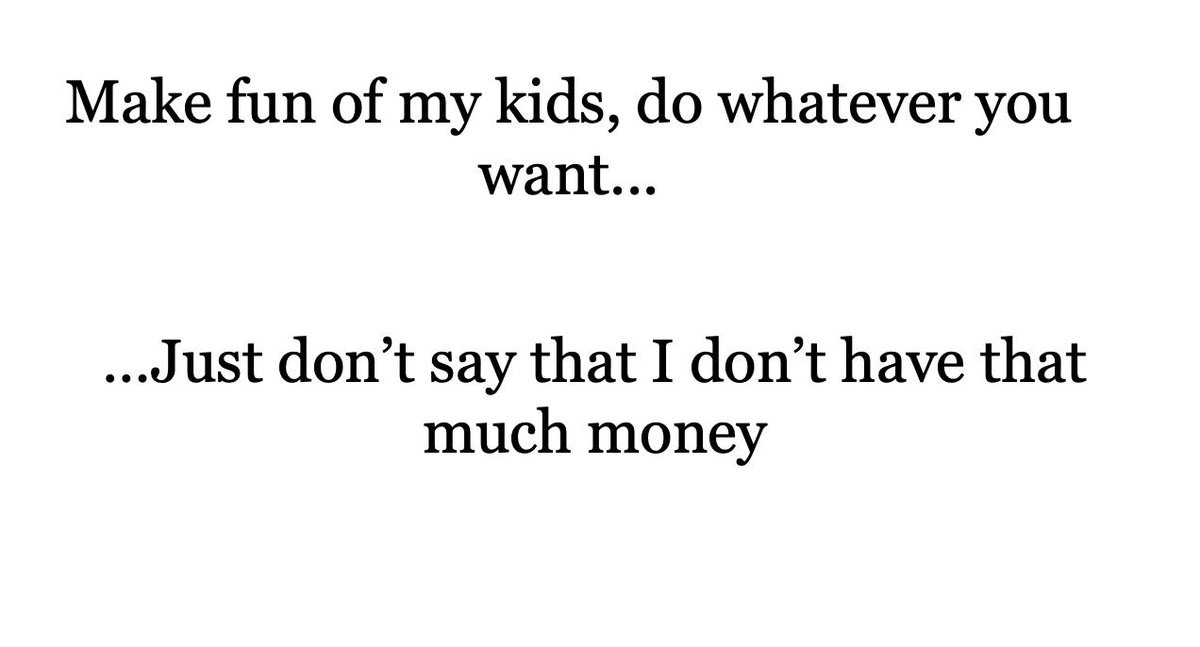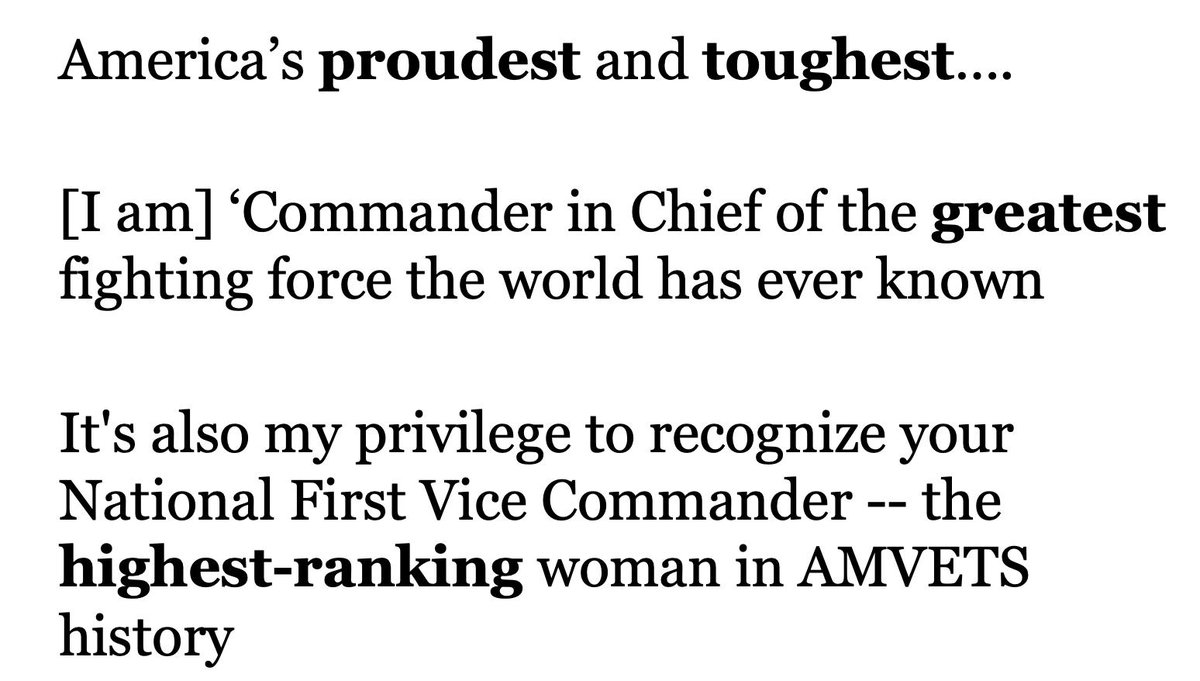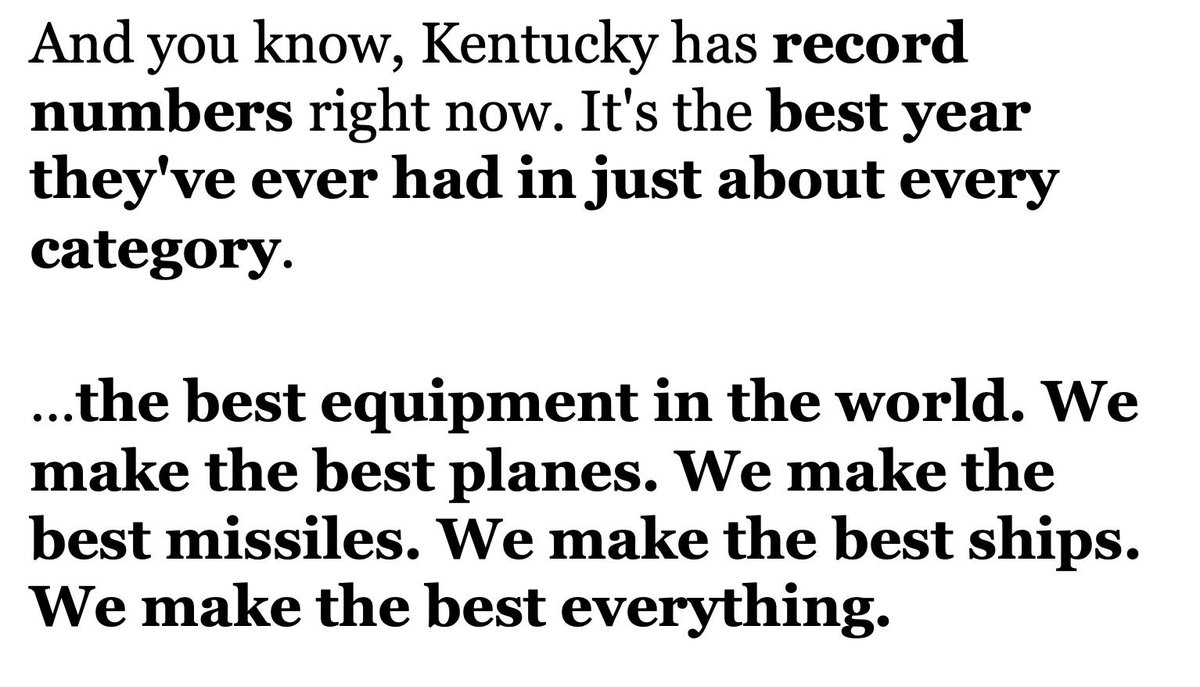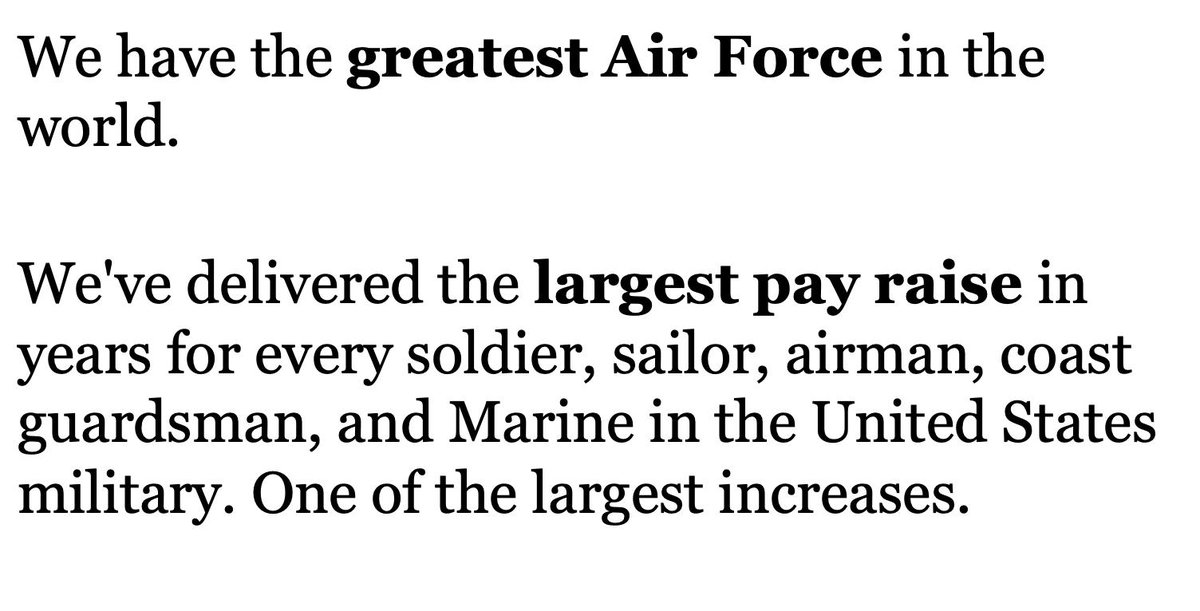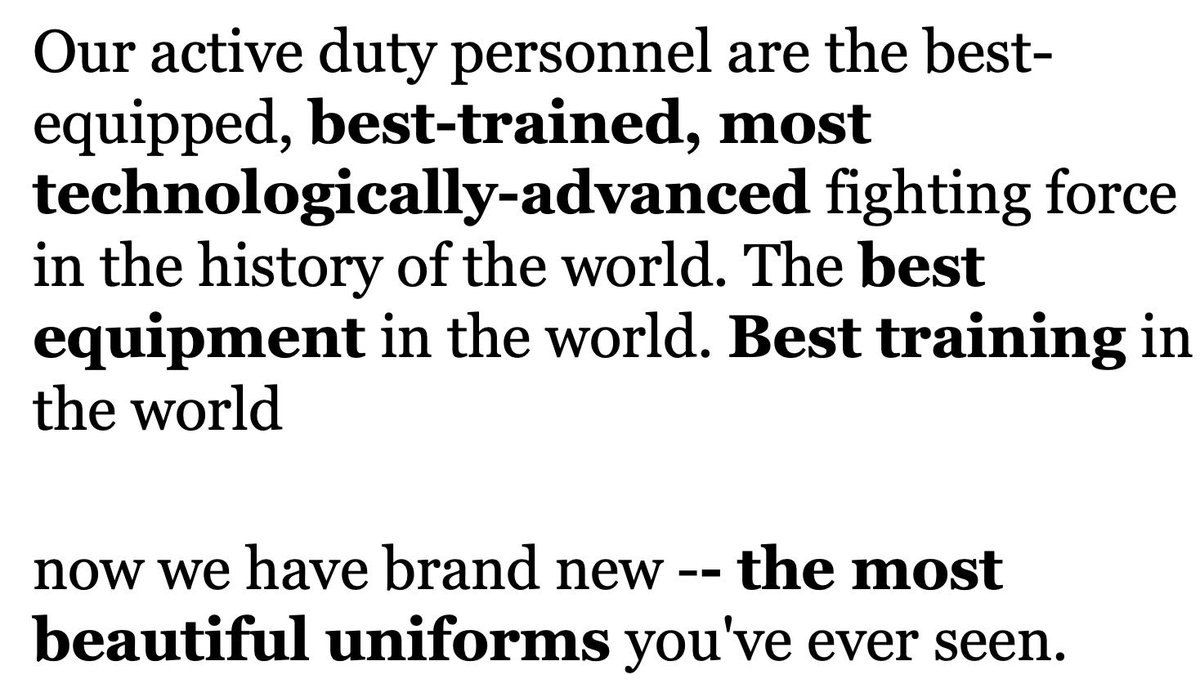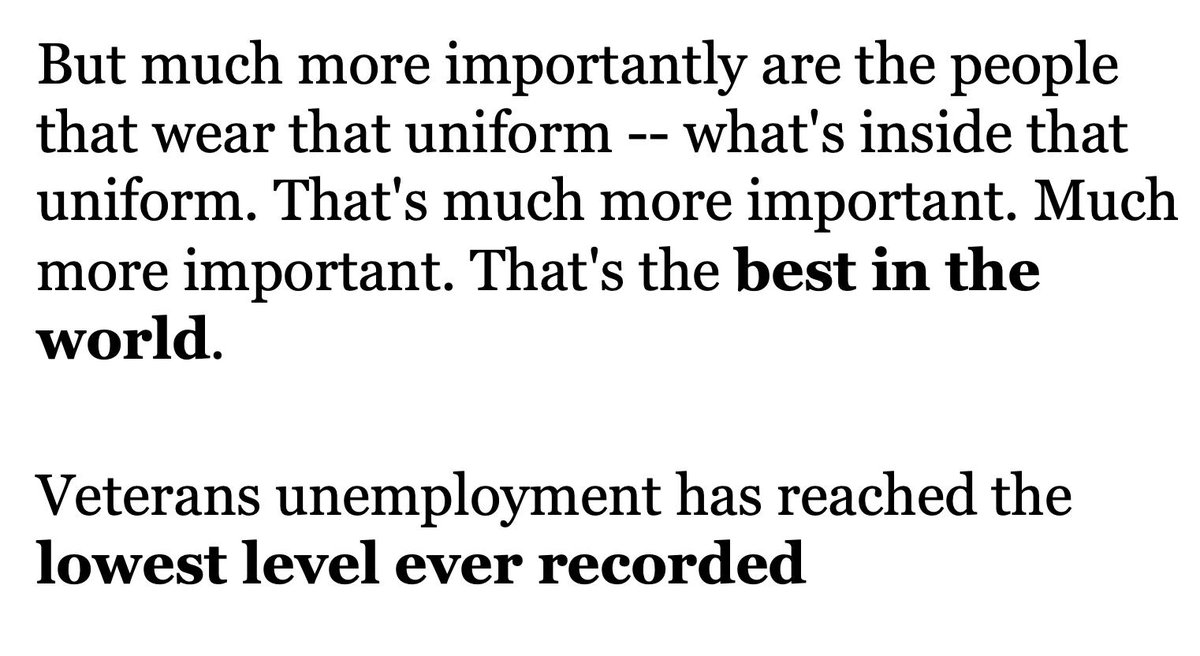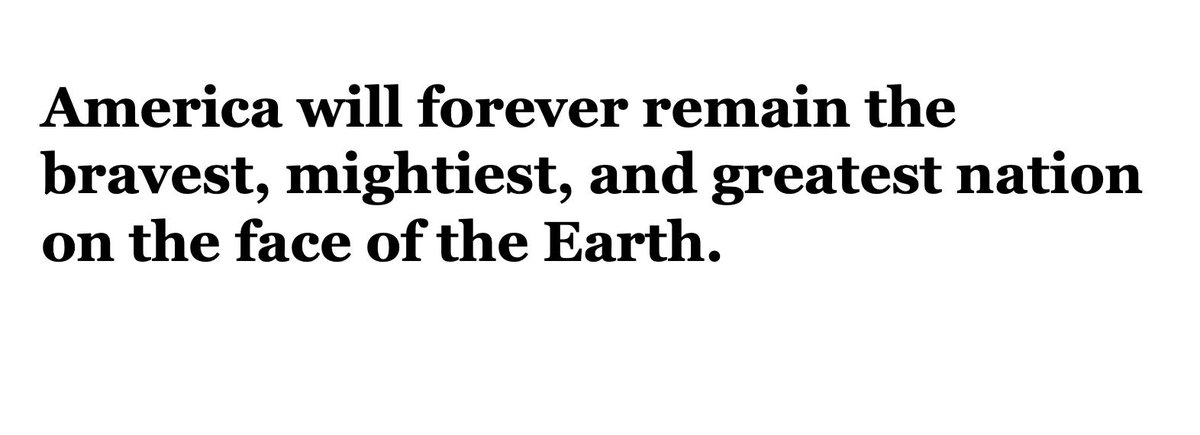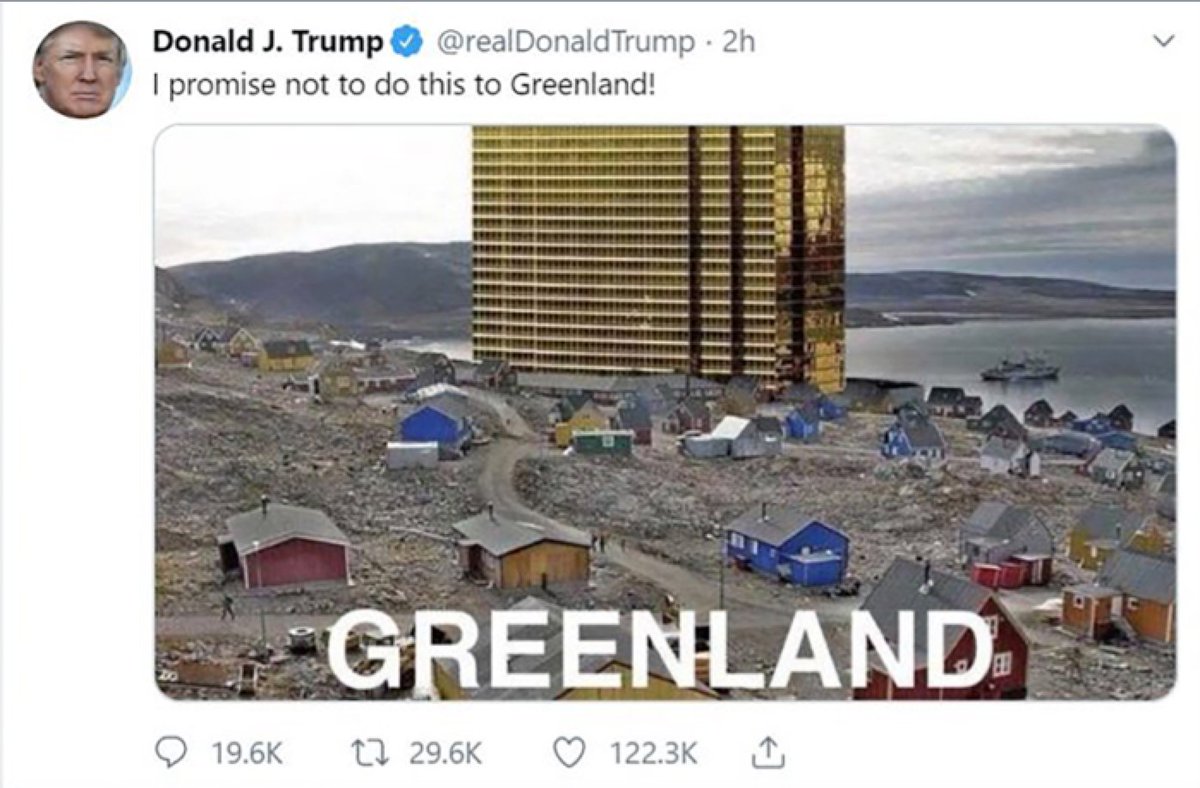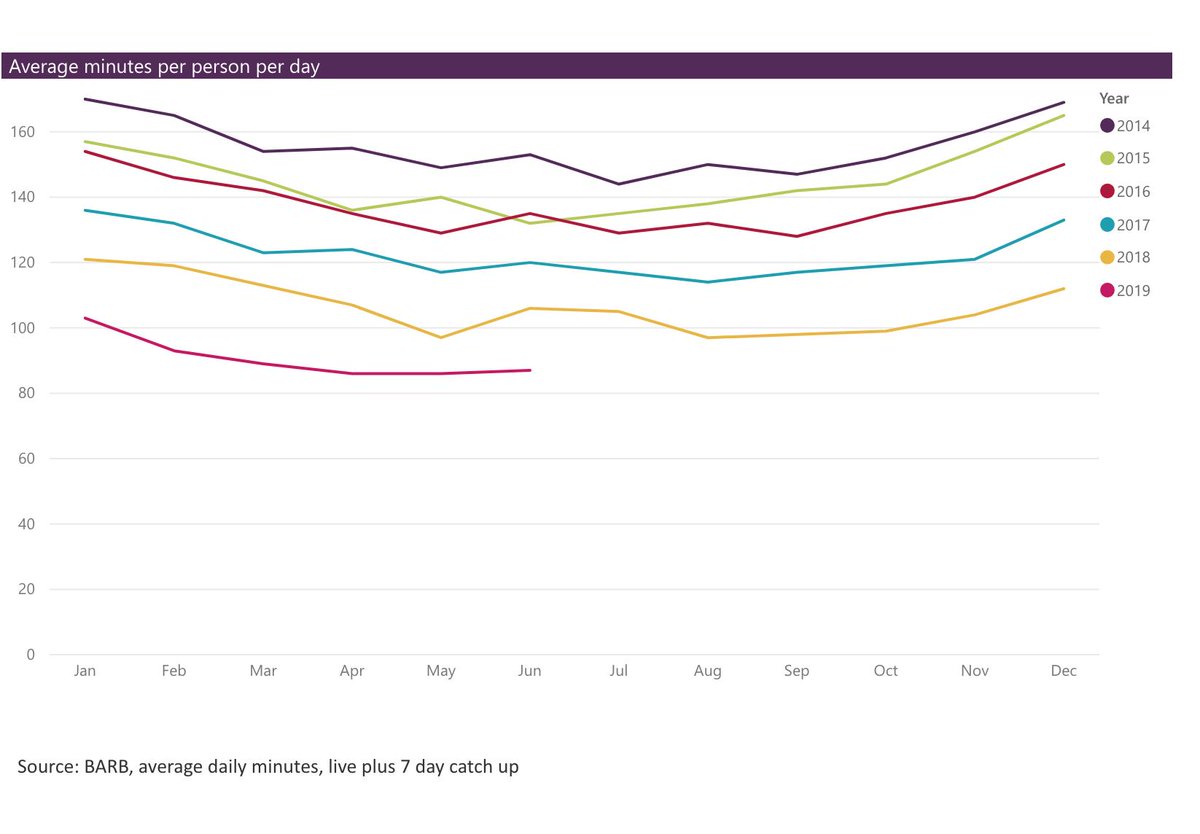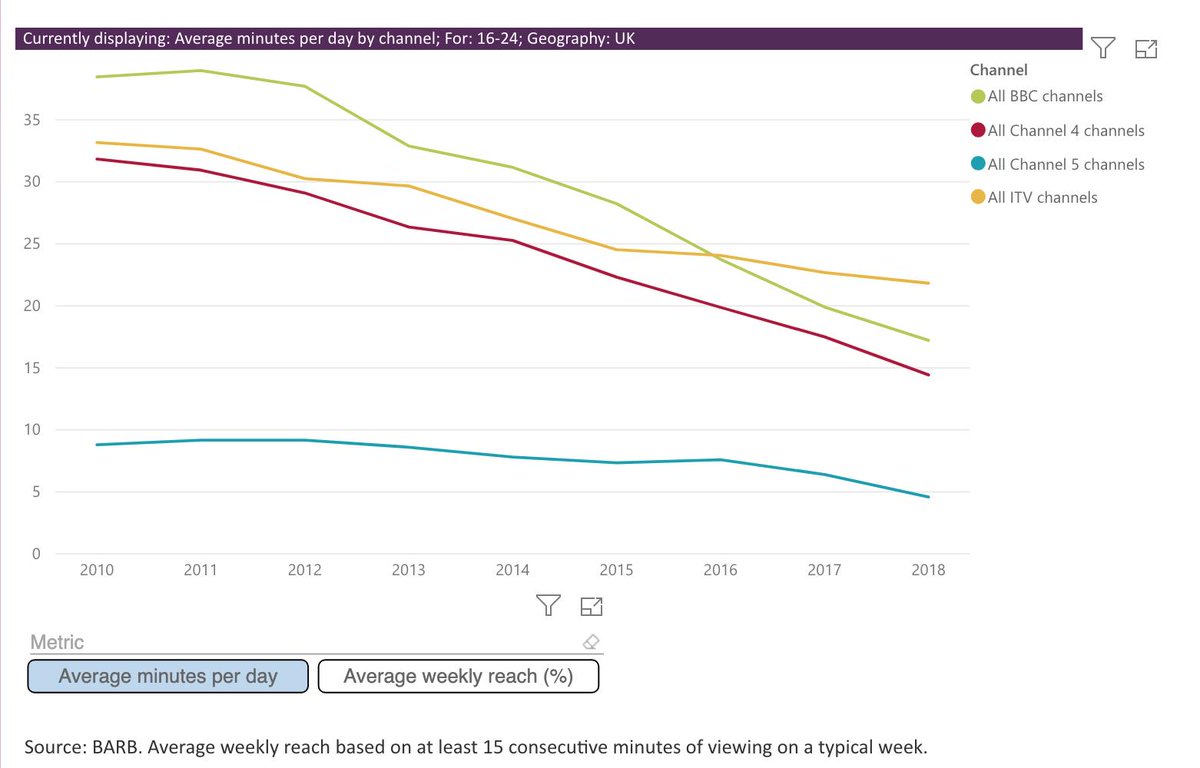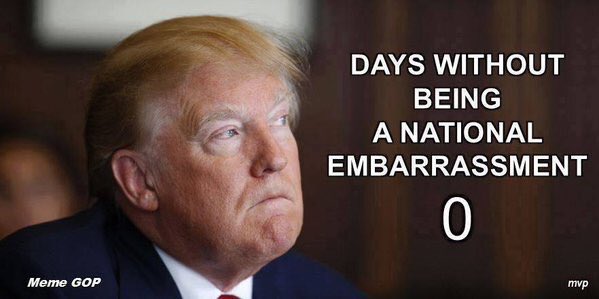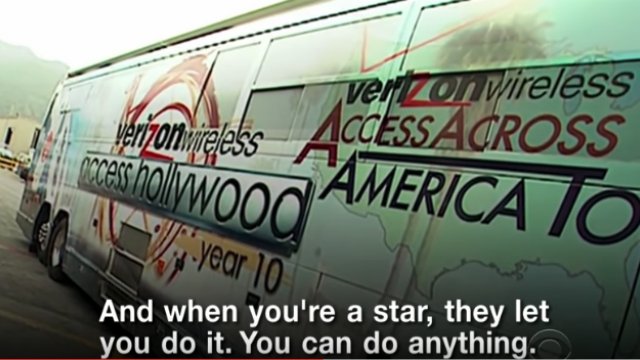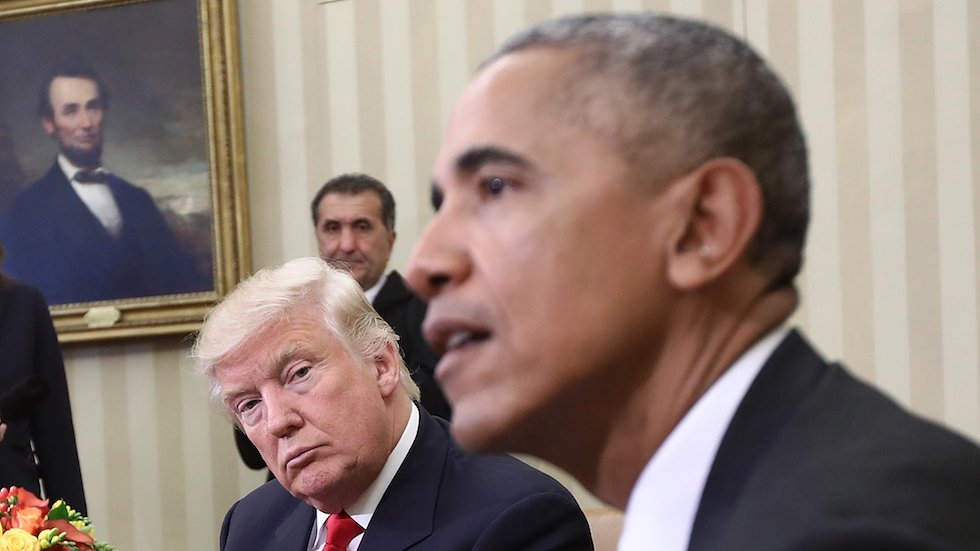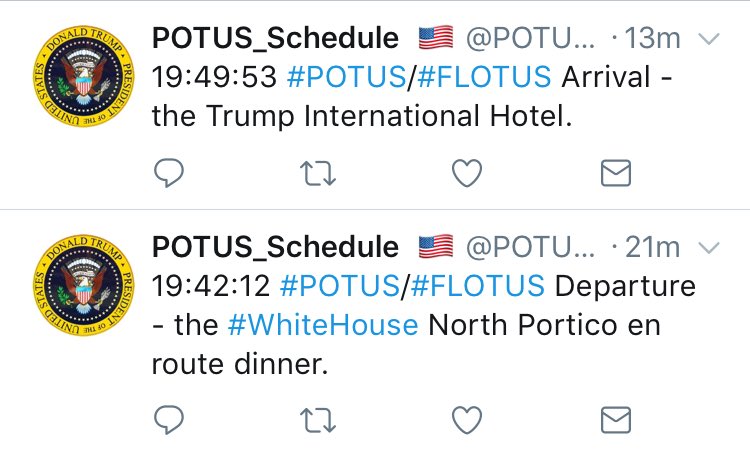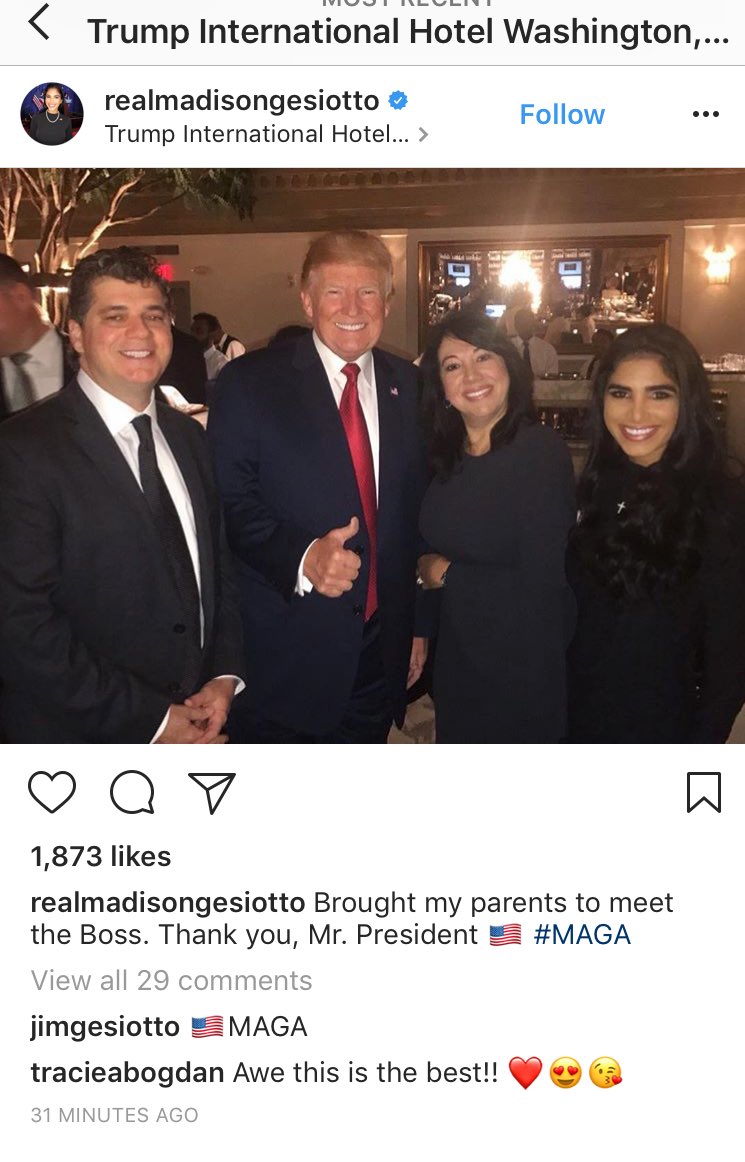That’s what I tackled in my talk to the Business Insider Trends conference in Warsaw today.
Trump is a horrible person, with many terrible flaws. Yet he won. Partly because some of his communications are very effective.
But because humans are complicated, it’s not always obvious which trigger works best.
Digital marketers on the other hand have often reverse engineered the same triggers,
I’ve spent my career straddling the corporate digital marketing world and politics – so Trump fascinates, and horrifies, me.
So for my client Best for Britain, during the 2017 General Election...
Do people buy toothpaste after seeing a TV ad?
Does a Facebook post make them like a brand better ?
That is how we can understand what makes Donald Trump effective.
Because despite huge failings, he became President. And he has a good chance of getting elected again.
Businesses can learn from this.
Trump has three smart mind tricks.
Firstly the power of simplicity.
Tests show that people choose the first.
Why? Because it’s easier to read.
[Both are lies incidentally]
docs.google.com/document/d/10M…
You only need to be 11 years old to understand the Trump speech.
You need to be 15 years old to understand the Clinton speech. Still pretty good.
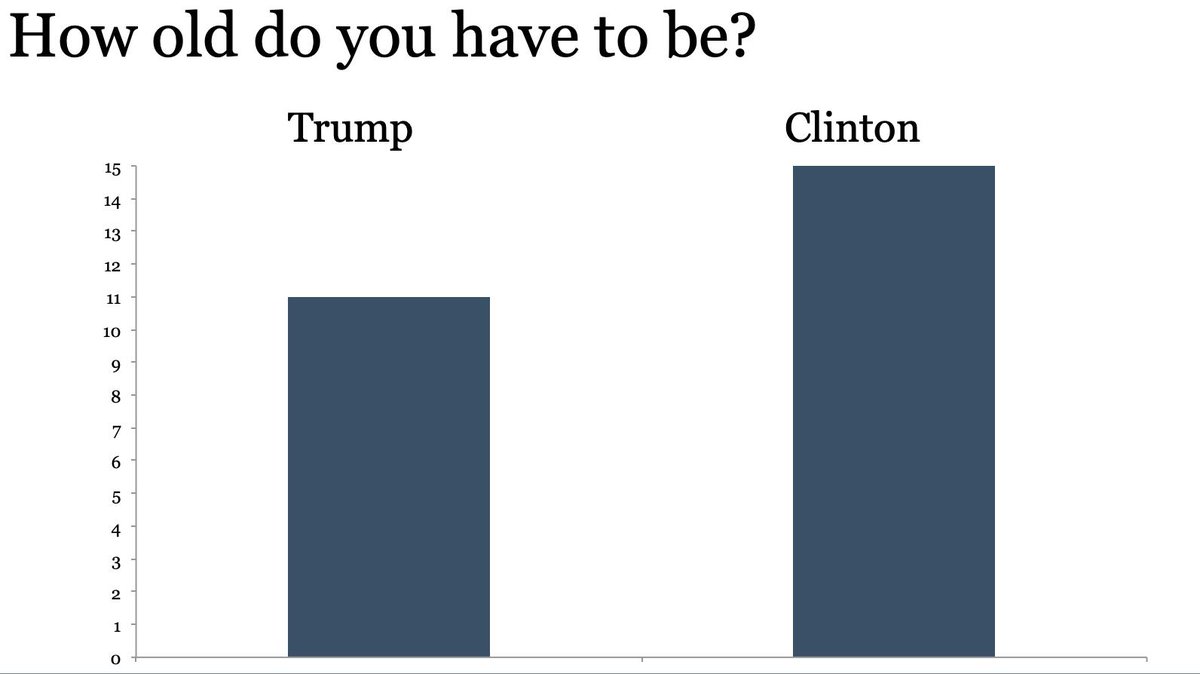
Short words mean that people like you.
Short words mean that people remember you.
And short words help online too. Better written stuff does better in Google searches.
I have run tests on readability. Making text easier to read often leads to increases in open or click rates on emails of over 20%.
180 characters forces you to use short words and simple ideas.
So simple works.
What else?
Trump dominates debate. When he’s absurd, you can’t ignore him. And you can’t attack him when everybody is talking about whatever he’s said today.
Take this tweet.
In the 2016 Presidential election Clinton spent double what Trump did on advertising. $800m to his $400m
But Trump got over $5bn of free media coverage on TV, in print, radio and in social media....
One third more space in people’s heads.
Constantly grabbing people by the brain works.
Firstly it makes Trump more familiar.
Psychologists have a phrase: The ‘mere exposure effect’.
Secondly it frames the debate.
People knew what Trump was talking about because time is limited on TV and radio.
He didn’t win on every top issue – but he did better than he would have.
And how does contantly grabbing attention work online?
Well it turns out that social networks do the work for him.
The social networks know they have this problem. But, they haven’t solved it.
I did an experiment on this in 2017. By accident.
We were careful.
We were polite.
We were reasonable.
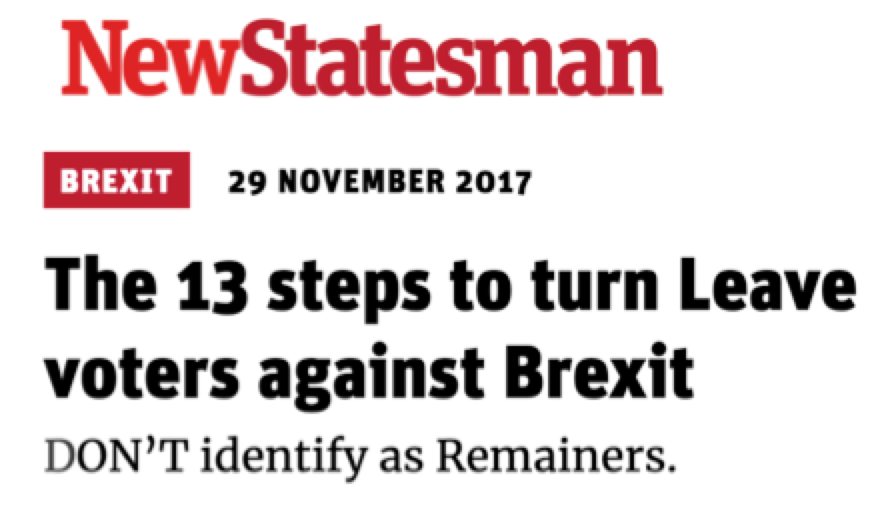
And every social network does this.
They make fights more visible.
And this is great for Trump.
Because he is great at starting fights.
Free reach.
Cheaper advertising.
Grabbing attention.
The whole time
Here’s a randomly chosen week:
●Tuesday Trump jokes about staying in office beyond the two term Presidential limit.
●Wednesday - Trump fires his National Security Adviser John Bolton
●Friday. It should be a Democrat news day.
●Saturday. Trump has a day off.
●Sunday. Trump threatens war with Iran.
Or you can put pressure on media to not report trolling. Sometimes possible when you have quality media who are willing to think about journalistic ethics. But hard.
None are ideal.
So what’s Trump’s third trick?
It’s making himself look popular.
We are herd animals.
Psychologists call this social proof.
You’re also willing to look at things that don’t exist.
In this case looking at nothing in the sky.
And Trump claims to be at the centre of the best things in history.
Here’s that speech again….
Firstly PR is a crucial part of marketing - because it forces you to engage with your audiences the whole time. It forces you to be interesting.
Advertising is important too. But PR forces you to learn to be interesting.
Businesses often manage to do simple marketing.
But they fail with their PR, internal communications, stakeholder relations, and many other things they do.
Thirdly you can create the idea of popularity.
Make sure they know what you think.
Email them. Facebook. Twitter. Phone. Post. It’s almost impossible to say too much to your audiences.
Learn from Trump - and we can beat people like Trump.
Thank you.
Thinking Fast & Slow, Daniel Kahneman
Everything that @RobertCialdini has written.
Lots from @scienceofyes - who has an excellent new book Messengers that covers related topics.
thestreet.com/story/13896916…
Polling from Pew:
people-press.org/2012/09/24/for…
people-press.org/2016/07/07/4-t…
politico.com/news/donald-tr…
Trump pretending to be rich is from here:
washingtonpost.com/outlook/2019/0…
